Kia introduces 5th-generation Sportage SUV; gasoline, diesel, HEV, PHEV
Green Car Congress
JULY 6, 2021
Developed on a new architecture, the all-new Sportage will offer gasoline and diesel powertrains at market launch later this year, followed by hybrid-electric (HEV) and plug-in hybrid electric (PHEV) models. The Sportage will be launched with a range powertrains, including clean gasoline and diesel IC engine technology.


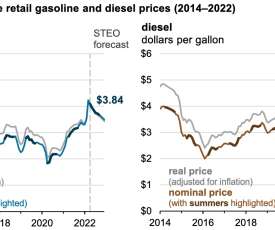






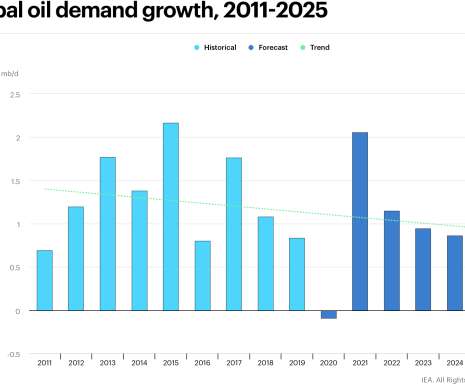

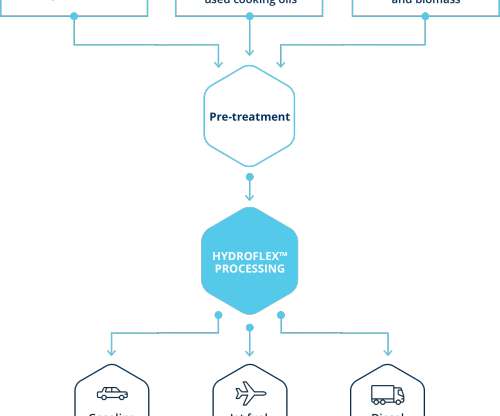











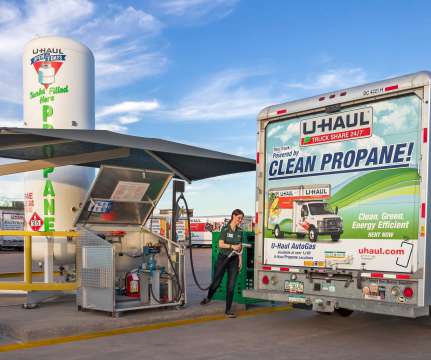






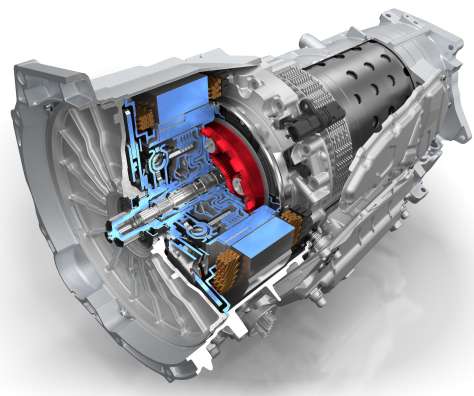








Let's personalize your content